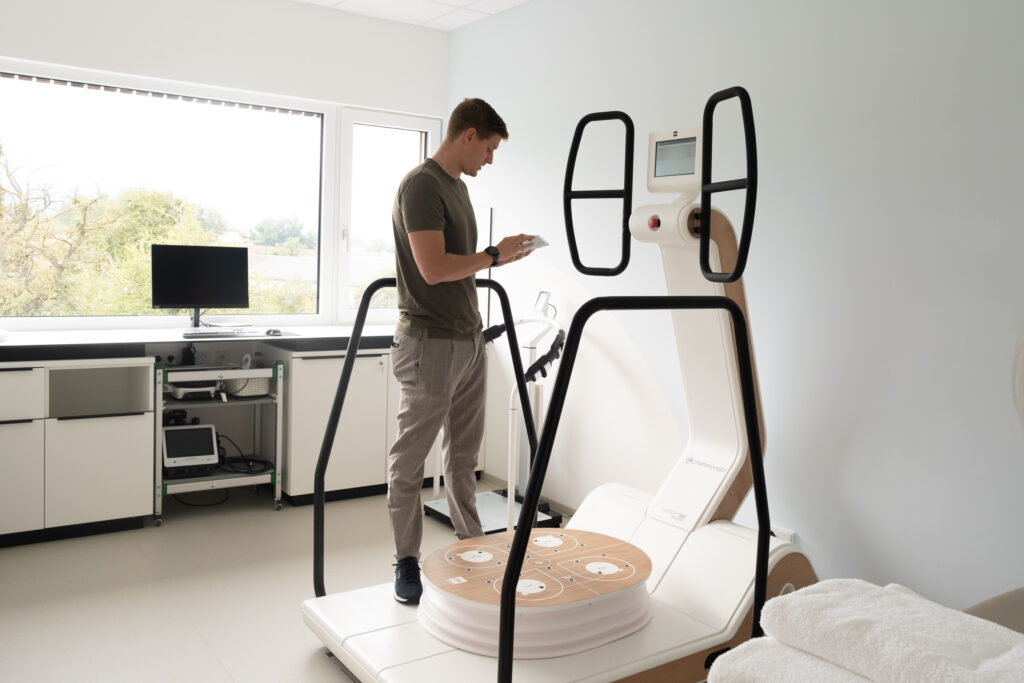A cardiology check-up is a comprehensive examination of the cardiovascular system that is often carried out prior to an operation or if cardiovascular disease is suspected. The aim of this check-up is to assess the general health of the heart, identify potential risks and, if necessary, give the go-ahead for a planned operation.
A cardiology check-up is also useful to clarify the causes of reduced performance, chest pain, shortness of breath or suspected arrhythmia. In the case of known injuries and diseases of the heart muscle or heart valves, regular monitoring of cardiac performance and function as well as regular monitoring of medication is also recommended.
Procedure of the cardiology check-up
The check-up usually begins with a detailed medical history, during which the cardiologist records the patient’s medical history, current complaints, lifestyle factors such as smoking, diet and physical activity, as well as family history. Ideally, you will bring your most recent laboratory results and your current medication list as well as your blood pressure diary, if available. This is followed by a physical examination, during which the doctor checks your heart rate, blood pressure and lung function.
Various diagnostic tests are then carried out, including:
ECG (electrocardiogram):
An ECG records the electrical activity of the heart and can reveal irregularities in the heart rhythm, heart attacks and other heart problems.
Echocardiography:
This ultrasound examination provides images of the heart in real time and enables the assessment of heart muscle function, heart valves and blood flow in the heart.
Load test:
An exercise ECG is performed to see how the heart reacts to physical exertion. This is particularly important to determine whether the heart is supplied with sufficient oxygen in stressful situations.
Possible further investigations:
Long-term ECG, long-term blood pressure measurement, laboratory tests
OP release
Once all the examinations have been completed, the cardiologist evaluates the results to determine whether the patient’s heart is strong enough for the planned operation. This is known as surgical clearance. The clearance includes an assessment of whether the risk of complications during or after the operation is acceptable.
If risk factors or existing heart disease are detected during the check-up, additional measures may be necessary. This could mean adjusting the medication, delaying the operation or, in some cases, even not performing the operation at all.
Conclusion
In summary, the cardiology check-up is an essential step in ensuring the safety of patients before surgery. By identifying risks at an early stage, unnecessary complications can be avoided and the best conditions for a successful operation can be created.











